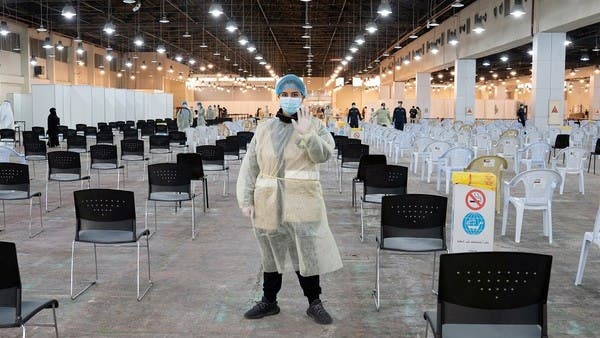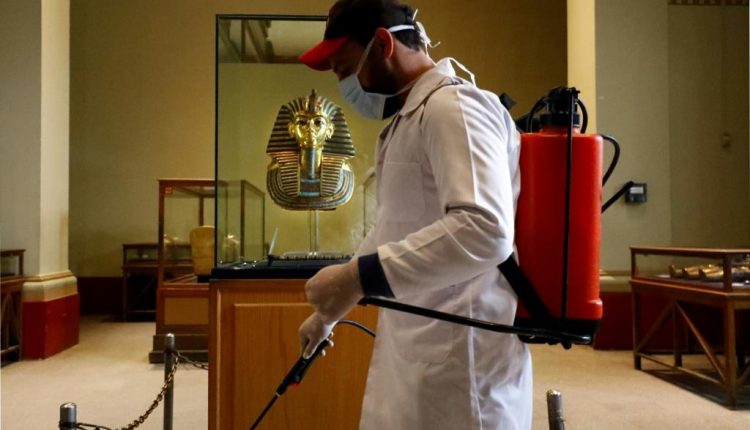As each day passes by, the threat of the coronavirus continues to grow, and nations all over the world are pulling in resources and taking extreme measures to limit its reach.
On Tuesday, the number of those infected by the COVID-19 virus exceeded 385,000, while the number of victims reached 17,000; it is the greatest threat of this decade so far.
Until now, most countries of the Arab World managed to keep their numbers low, but in a matter of a few days this all could change; that is why the majority of Arab nations are now implementing either nationwide or partial curfews to limit the movement of the population and therefore lower the probability of infection.
Saudi Arabia

King Salman bin Abdulaziz, the ruler of Saudi Arabia, ordered on Monday a curfew from 7 pm to 6 am for a period of 21 days to limit the spread of the coronavirus throughout the Kingdom.
The official Saudi Press Agency announced that the Ministry of the Interior is obliged to take all necessary measures to ensure the implementation of the curfew.
United Arab Emirates
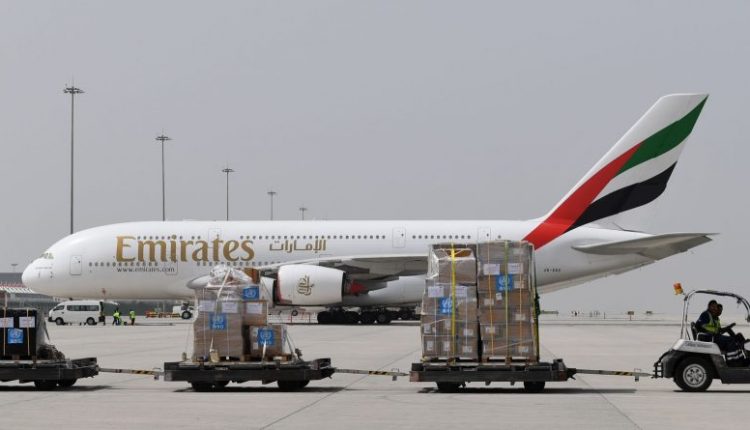
Although the UAE has not implemented a nationwide curfew as of this time, the GCC nation advises its citizens to stay at home.
Earlier in March, the leadership of the Emirates has also ordered the closing down of gyms, museums, bars, and shisha cafes. On Monday, these precautionary measures were escalated when the UAE announced it will close its shopping centers, malls, and markets for a two-week period.
An AED 50,000 fine, in addition to a penalty of up to five years in jail, will take effect on those carrying the disease and intentionally spreading it.
Kuwait

On Saturday, Kuwait announced the implementation of an 11-hour curfew from 5 pm to 4 am aiming to limit public gatherings to curb the threat of the COVID-19 pandemic.
Any citizen caught breaching the curfew could be jailed for up to three years in prison and fined KD 10,000.
Bahrain

So far, Bahrain has introduced no nationwide curfew, but the gulf nation has taken a number of measures to limit the spread of the viral infection; these include the closure of museums, theaters, gyms, swimming pools, schools, and universities.
On Sunday, however, two members of Parliament proposed the imposing of a partial curfew across the country.
Qatar
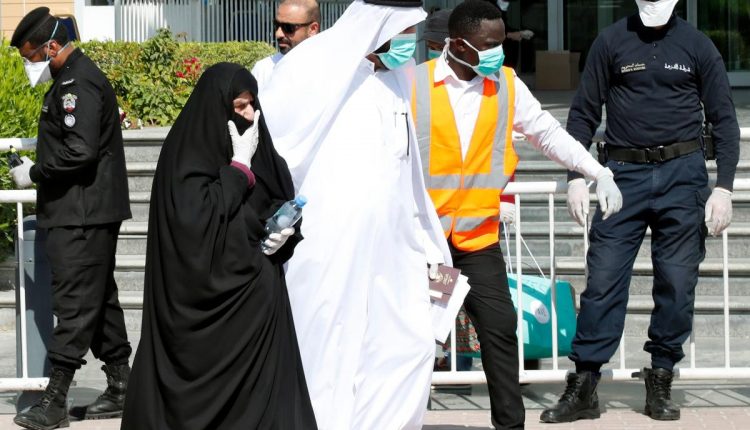
Earlier in March, the Qatari Emirate halted education in schools and universities and closed a number of shops and bank branches in shopping malls. The country has also closed part of its industrial region for a period of 14 days.
On Sunday, officials took to more extreme measures as the number of those infected reached 501 patients; Qatar effectively banned serving food in restaurants and cafes in addition to halting all forms of public transportation to limit the movement of individuals.
Iraq
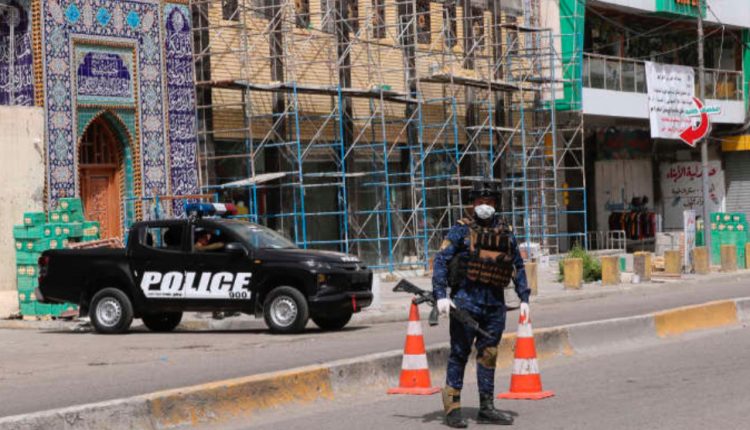
With 316 COVID-19 patients and the region’s largest land border with coronavirus-stricken Iran, Iraq has been on the vanguard of the ongoing healthcare crisis.
Iraq imposed a nationwide curfew until the 28th of March to limit the spread of the virus.
Jordan
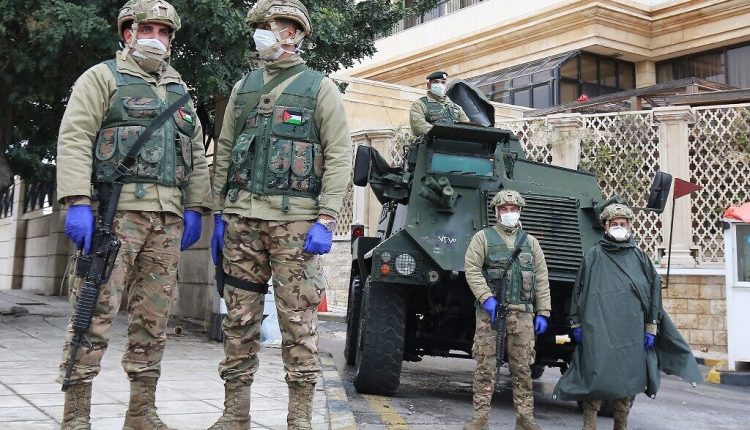
As Jordan plunged into a state of emergency this week, all residents of the Levant nation were required to stay at home until further notice.
On Saturday, sirens were heard all over the capital of Amman as hundreds of citizens were arrested for breaching the curfew. Army spokesperson warned that anyone caught violating the curfew would be jailed for up to a year.
Lebanon
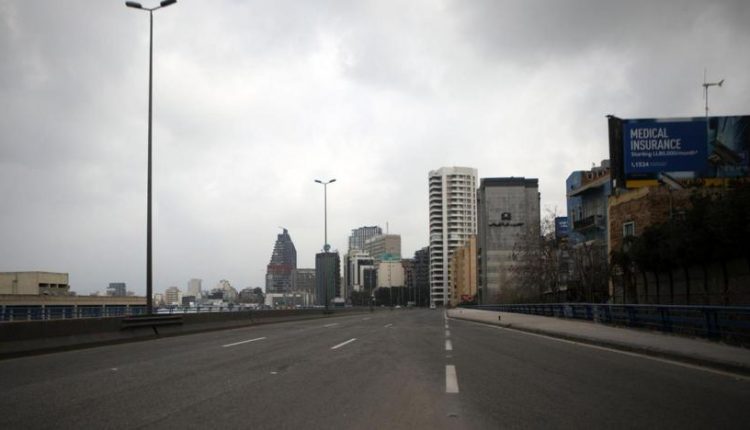
The Lebanese military and security forces were deployed across the country in an effort to implement an effective curfew after groups of citizens did not comply with the guidelines released by the government.
Lebanon did not announce a state of emergency thus far; however, security authorities have been fining people for disobeying orders not to leave their homes.
Egypt
On Tuesday, Egypt announced a nationwide curfew starting Wednesday 25th, from 7 pm until 6 am, in an effort to limit the spread of the coronavirus pandemic. The curfew is, for now, planned to continue for 15 days.
An EGP 4,000 penalty is to be applied to those breaking the curfew.
Sudan

On Tuesday, Khartoum imposed a 10-hour curfew that begins at 8 pm and lasts until 6 am to combat the growing threat of the COVID-19 pandemic.
Sudan will put a temporary hold on long-haul bus rides between cities and states. The African nation confirmed its second case of the coronavirus last Friday. It has so far confirmed one death from the disease.
Algeria

On Tuesday, the North African nation announced a curfew in the capital city of Algiers from 7 pm to 7 am and a full lockdown in Bilda, the epicenter of the worst outbreak in the country.
Tunis

President Kais Saied of Tunis mandated a nationwide general lockdown on Friday and announced that this restriction will be in effect until the 4th of April.


